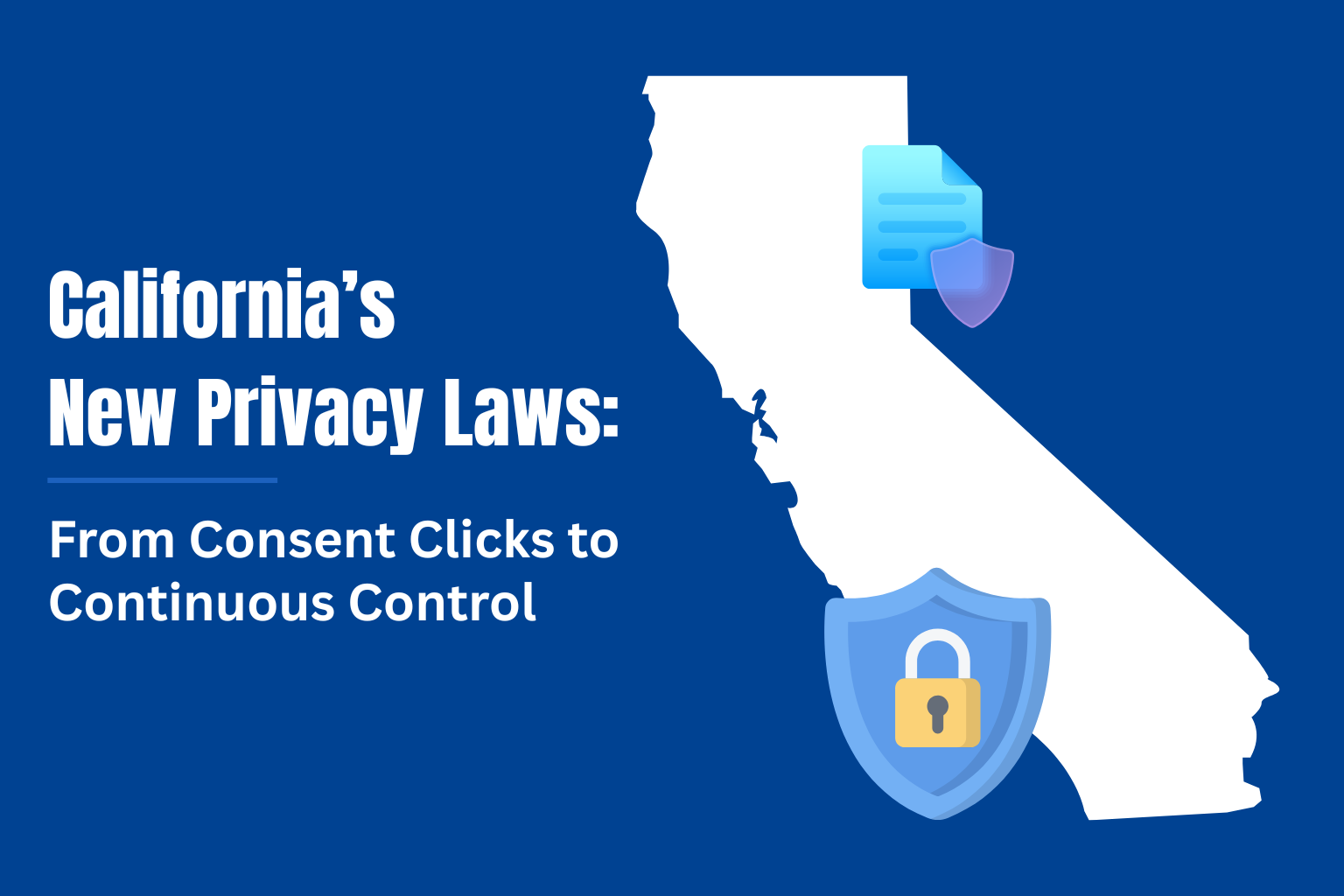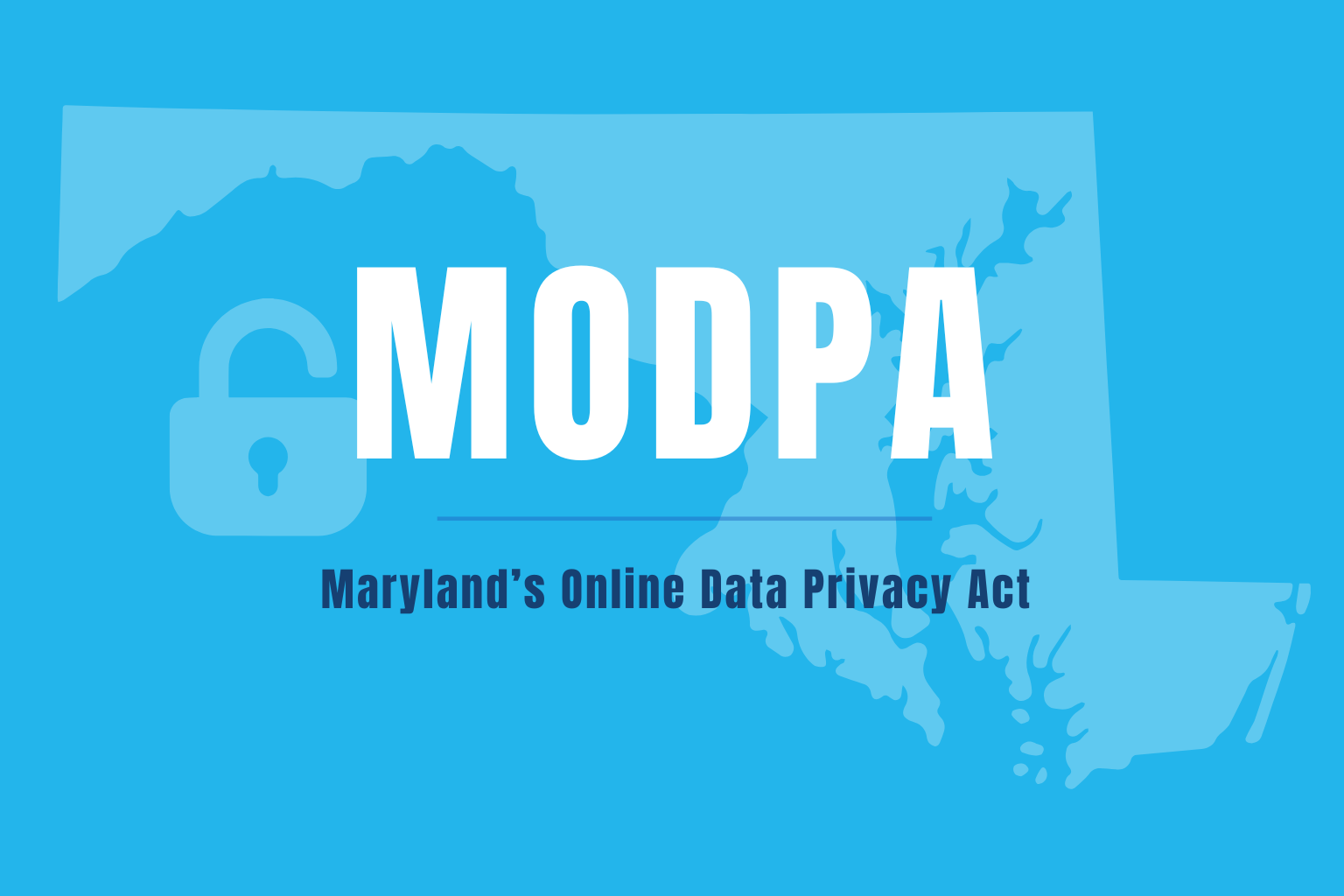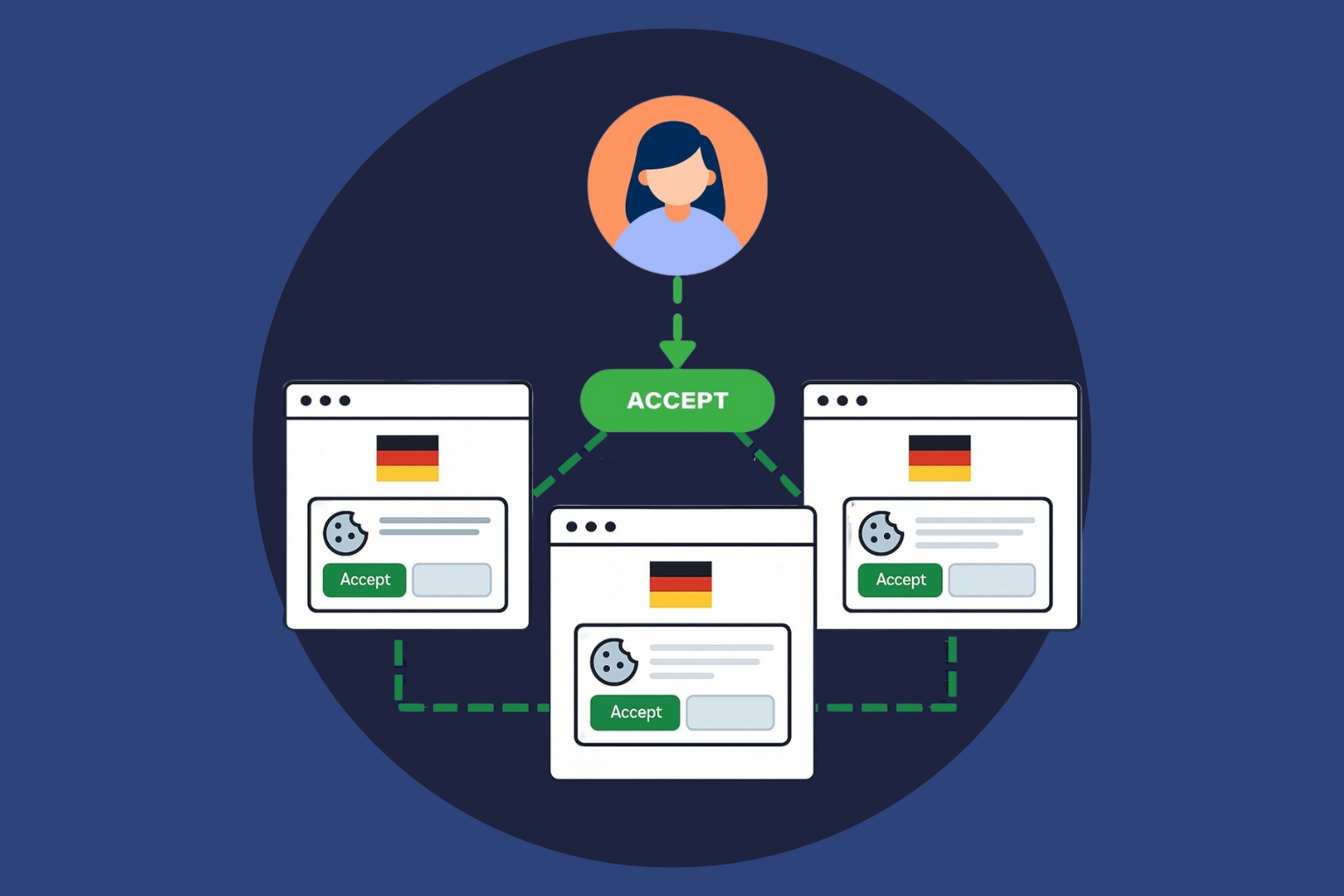
California’s New Privacy Laws: From Consent Clicks to Continuous Control
California’s latest privacy law updates mark a major shift in how organizations must handle consumer data. They extend the reach of the state’s privacy framework, raise the penalties for non-compliance, and signal a global expectation that privacy protections should be built directly into the systems people use every day—from browsers to mobile operating systems. Regulators are now moving toward enforcing compliance at a technical level, not just through policies or promises.
The New Phase of California Privacy: Control and Accountability
Assembly Bill 566, signed into law on October 8, 2025, introduces a new requirement for browsers and mobile operating systems. Starting January 1, 2027, every platform must include a universal opt-out mechanism (UOOM)—a built-in setting allowing consumers to opt out of the sale or sharing of their personal information.
When enabled, this feature automatically communicates the user’s opt-out preference to every website they visit, ensuring their data is not shared without consent. Privacy will now be integrated into the user experience itself, moving away from pop-ups or manual consent forms.
The law also shields browser and operating system developers from liability if other businesses fail to honor these opt-out signals. This reinforces accountability across the ecosystem: technology providers must enable compliant systems, and businesses must recognize and respect the signals they receive.
On the same day, Senate Bill 361 was signed into law, targeting data broker compliance and transparency. Data brokers must now register with the California Privacy Protection Agency (CPPA) and disclose the categories of personal information they collect—ranging from basic identifiers like names and contact details to behavioral and biometric data such as mobile advertising IDs and CTV identifiers.
Brokers must also report if they share or sell consumer data with foreign governments, law enforcement, or AI developers that use personal data to train or refine their models. Failure to comply can lead to significant fines—up to $200 per day for unregistered operations or ignored data deletion requests.
These developments shift privacy enforcement from policy statements to real-time operational compliance. Businesses must now be able to detect, record, and respond to consumer preferences automatically across all systems.
Building Confidence in Compliance and Consent
Modern privacy programs must go beyond static consent banners. They need systems that recognize opt-out signals, record them with full audit trails, and ensure they are honored across digital channels and third-party partners.
A centralized consent and preference management system enables organizations to:
- Capture and honor opt-out signals across web, mobile, and connected devices
- Maintain a single, verified record of consent data with timestamps and audit trails
- Automatically update downstream systems where personal data is processed
- Provide privacy, marketing, and data teams shared visibility into consent status
This approach not only ensures compliance with California’s latest privacy requirements but also builds consumer trust. When users see their privacy choices respected across every touchpoint, their confidence in a brand increases—along with the value of its first-party data.
Turning Privacy Obligations into Operational Strength
The fast pace of regulatory change underscores the need for adaptable, unified tools. Automated consent and preference systems, such as Redacto’s AI-driven compliance solutions, help organizations keep pace with evolving laws while maintaining operational efficiency.
With a privacy automation framework in place, businesses can:
- Deploy region-specific consent experiences
- Automate detection and response to opt-out signals
- Centralize consent data for transparent reporting
- Align all internal and partner systems to verified consent states
This level of automation ensures that compliance is integrated into daily operations—not treated as a manual afterthought.
Privacy by Design: The Future of Compliance
California’s privacy evolution shows that privacy-by-design is no longer optional. Data brokers face stricter transparency requirements, fines are steeper, and regulators expect accountability from every part of the data supply chain.
Consent is now a continuous signal, not a one-time action. Organizations that connect legal, marketing, and technical teams around that signal will maintain compliance more easily and strengthen customer trust.
Privacy is moving into the core of digital design, and tools like Redacto help businesses embed privacy into every system and process. By leveraging Redacto’s AI-driven automation, organizations can continuously monitor consent, update records, and ensure compliance across all touchpoints—turning regulatory obligations into operational strength and building lasting consumer trust.
FAQs
1. How does the Universal Opt-Out Mechanism (UOOM) work?
Once enabled, UOOM sends a signal to every website a user visits, communicating their preference not to have their personal data shared or sold.
2. Are browser or operating system developers liable if businesses ignore opt-out signals?
No, developers are protected from liability if other businesses fail to honor the opt-out signals sent through their platforms.
3. What changes does Senate Bill 361 introduce?
Senate Bill 361 requires data brokers to register with the California Privacy Protection Agency (CPPA) and disclose the types of personal information they collect and share.
4. What are the penalties for data brokers who fail to comply?
Non-compliant data brokers may face fines of up to $200 per day for operating without registration or failing to process deletion requests.
5. Why are these laws significant for businesses?
They shift compliance from policy documentation to real-time operational enforcement, requiring systems that automatically detect and respond to consumer privacy preferences.




%20Redacto%20logo_New.png)
.jpg)




.jpg)

